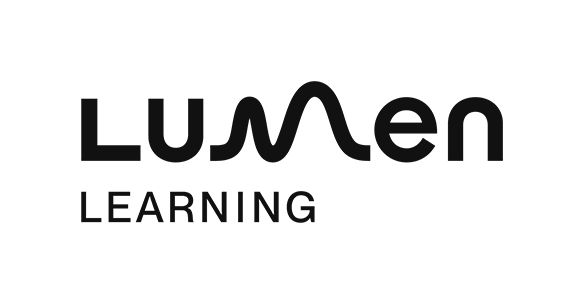
This webinar is primarily for instructional designers and others who create educational materials. During the webinar we will discuss ways that large language models (LLMs) like ChatGPT can be used in the process of creating open educational resources (OER).
Instructional designers can use LLMs throughout the instructional design process. LLMs can play the role of SME, content author, assessment author, copy editor, and even programmer in support the development of multimedia materials. In each of these roles, LLMs do not produce work that can be used as is. Rather, LLMs can - in seconds - create drafts that are 80 - 90% ready to use, allowing instructional designers to skip past lengthy, expensive, and almost always behind-schedule content and assessment writing processes to the review, editing, and polishing part of the process.
LLMs can write learning objectives, definitions, explanations, examples, discussion prompts, assignments, grading rubrics, multiple choice assessment items, and distractor-specific feedback for those assessment items. LLMs can edit text for clarity, adapt the reading level of a text, correct spelling and grammar problems, and transform text from one format to another; for example, from Markdown or HTML.
In addition to discussing ways LLMs can be used to create OER, we will look at several worked examples and do some live demos suggested by participants.
We will also discuss copyright and licensing in the context of content created by AI programs.
United States, Hurricane, WV
Twitter: @lumenlearning
Contributed by: David Wiley (Twitter: @opencontent)
Language: English
https://lumenlearning.zoom.us/meeting/register/tZIqcO-qrD4sHddXFWHWkHXmZSjOvgX9EpdT